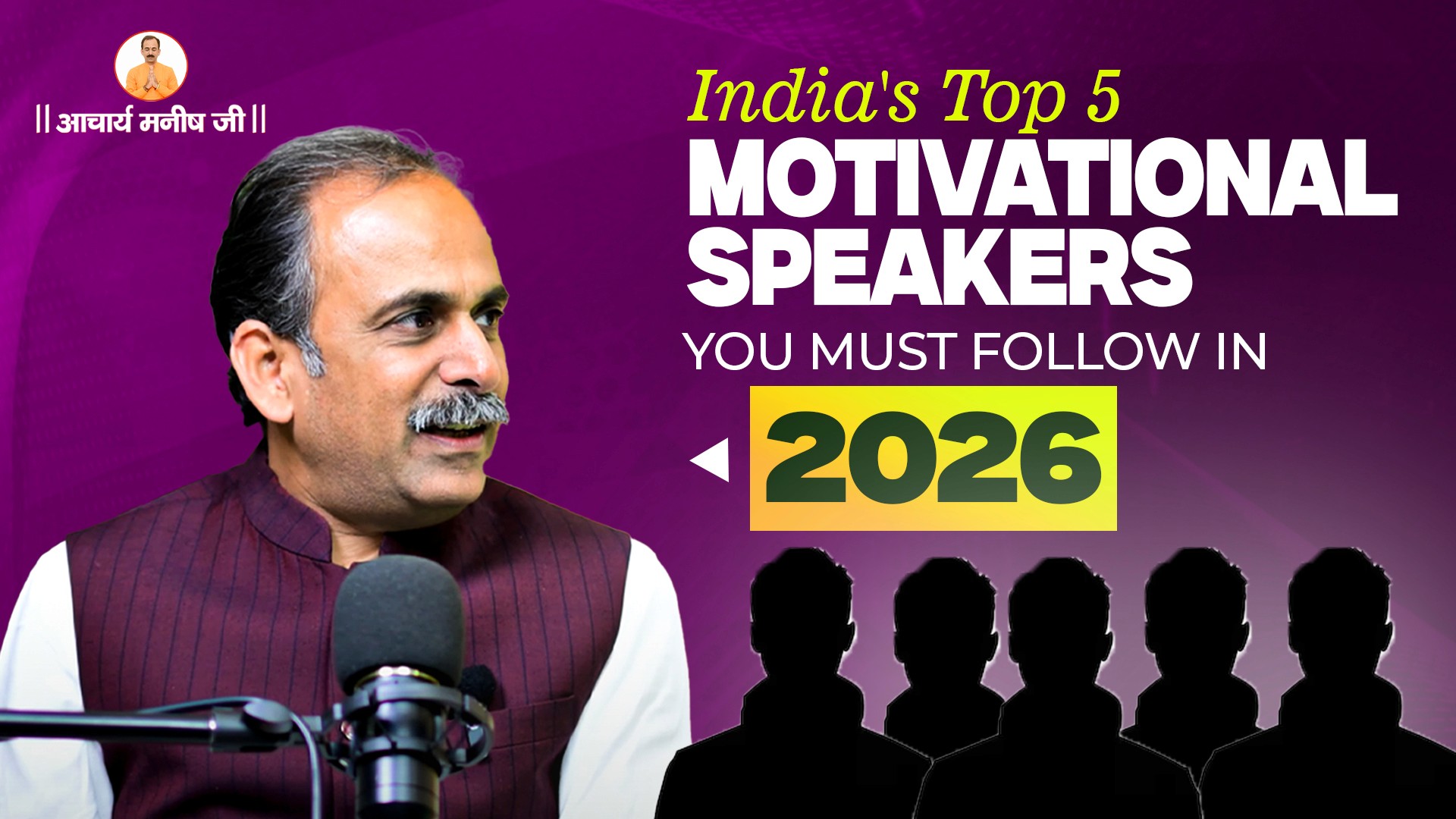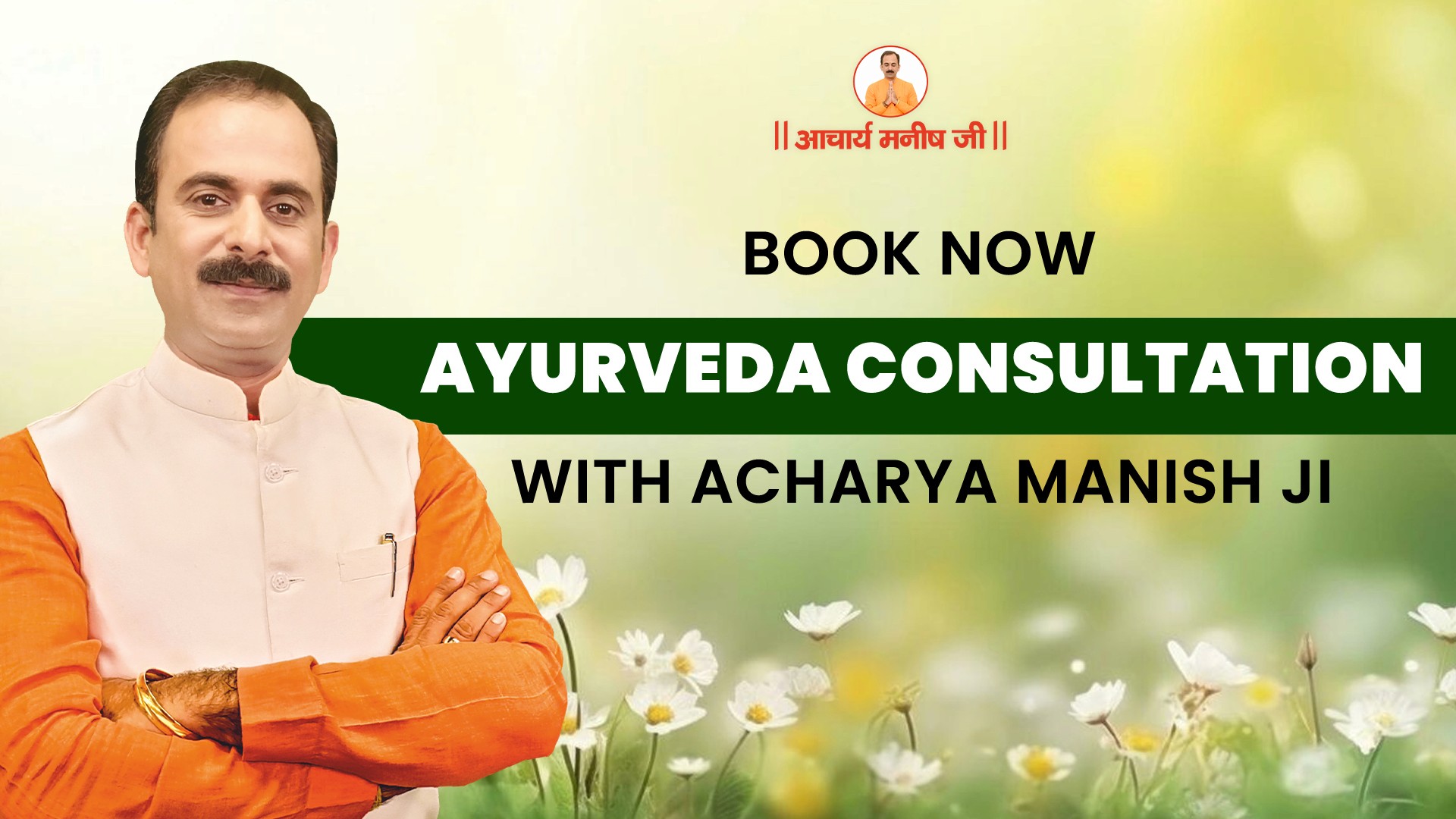How to Cure from HMPV Virus in Ayurveda by Acharya Manish Ji

Human Metapneumovirus (HMPV) is a respiratory virus that can cause symptoms similar to the common cold, flu, or pneumonia. While conventional medicine often focuses on symptomatic relief, Ayurveda, the ancient Indian holistic healing science, offers a comprehensive approach to strengthening the body and combating such infections naturally. If you're wondering how to cure from HMPV virus in Ayurveda, Acharya Manish Ji, a renowned Ayurvedic wellness expert, emphasizes natural methods to build immunity and effectively overcome viral infections like HMPV.
Understanding HMPV and Ayurveda’s Perspective
According to Ayurveda, diseases arise due to an imbalance in the body’s doshas. Viral infections like HMPV often occur when the Kapha dosha is aggravated, leading to congestion and a weakened immune response. Acharya Manish Ji suggests combining dietary changes, herbal remedies, lifestyle adjustments, and detoxification techniques to address such imbalances.
What are the Common Symptoms of HMPV?
Here’s a detailed explanation of Human Metapneumovirus (HMPV) symptoms from mild to severe for better understanding:
Mild Symptoms of HMPV Virus
Cough: A common symptom is the virus irritates the airways, leading to frequent coughing to clear mucus and soothe inflammation.
Runny or Stuffy Nose: The virus infects the nasal passages, causing increased mucus production as the body attempts to flush out the pathogen.
Sore Throat: The infection often inflames the throat tissues, leading to discomfort or pain, especially when swallowing.
Fever: An elevated body temperature characterizes a natural immune response to fight the virus.
Fatigue: As the body channels energy into fighting the infection, fatigue or tiredness is a common side effect.
Severe Symptoms of HMPV Virus
These are more likely in children, the elderly, and individuals with weakened immune systems:
Wheezing is caused by inflammation and narrowing of the lower airways, leading to a whistling sound during breathing.
Difficulty Breathing or Shortness of Breath: Inflammation in the respiratory tract can make it harder to inhale enough oxygen, leading to noticeable breathing issues.
Severe Coughing: Persistent coughing can result from the virus deeply affecting the lower respiratory tract.
Rapid or Labored Breathing: The lungs work harder to compensate for the reduced oxygen intake caused by inflammation or mucus buildup.
Bluish Skin: A sign of oxygen deprivation, often appearing around the lips or fingernails, indicating a need for urgent medical care.
Dehydration: Symptoms like a dry mouth, sunken eyes, or decreased urination occur when fever and difficulty eating or drinking disrupts the fluid balance.
Symptoms in Vulnerable Populations
Infants and Young Children: More likely to develop bronchiolitis (inflammation of small airways) or croup (swelling in the throat), which can cause barking cough and breathing difficulty. Pneumonia may also occur.
Elderly Individuals: Existing conditions like COPD (Chronic Obstructive Pulmonary Disease) or asthma may worsen, leading to severe respiratory distress.
Immunocompromised Individuals: Prolonged and severe symptoms are due to the immune system's inability to fight the virus efficiently. If symptoms escalate, particularly breathing difficulties or signs of dehydration, seeking immediate medical care is essential.
What are the Best Ayurvedic tips for managing HMPV naturally?
1. Strengthen Immunity with Herbal Remedies
Ayurveda offers a variety of herbs known for their antiviral and immunity-boosting properties:
Tulsi (Holy Basil): Known as a natural immunity booster, Tulsi helps reduce respiratory symptoms like congestion and sore throat.
Ashwagandha: This adaptogen enhances the body’s ability to combat stress and infections.
Guduchi (Giloy): Often called the “Amrita” of Ayurveda, Guduchi helps detoxify the body and boosts immunity.
Turmeric: Its active compound, curcumin, has potent anti-inflammatory and antiviral properties. Drinking warm turmeric milk can provide relief from respiratory discomfort.
2. Detoxification with Panchakarma
Acharya Manish Ji often highlights the importance of Panchakarma, a detoxification process in Ayurveda, to remove toxins (ama) from the body. Key therapies like Nasya (nasal cleansing) and Virechana (purgation) help clear respiratory channels and restore balance in the doshas.
3. Follow a Kapha-Pacifying Diet
A Kapha-pacifying diet can help reduce mucus buildup and alleviate symptoms. Recommended foods include:
Warm, light, and easily digestible meals.
Spices like ginger, black pepper, and cinnamon to improve digestion and clear congestion.
Avoidance of cold, heavy, and dairy-based foods that aggravate Kapha.
4. Practice Ayurvedic Breathing Techniques
Pranayama (breathing exercises) can help improve lung capacity and clear respiratory pathways. Practices like Anulom Vilom and Kapalabhati are particularly effective in managing respiratory issues caused by HMPV.
5. Use Ayurvedic Home Remedies
Herbal Steam Inhalation: Add eucalyptus oil or crushed Tulsi leaves to hot water and inhale the steam to relieve nasal congestion.
Honey and Ginger Mix: Consuming a teaspoon of raw honey with grated ginger can soothe the throat and reduce coughing.
Golden Milk: A mixture of warm milk, turmeric, and black pepper strengthens immunity and promotes faster recovery.
6. Lifestyle Adjustments to Prevent HMPV
Prevention is always better than cure. Acharya Manish Ji suggests the following:
Daily Exercise: Engage in light exercises or yoga to enhance lung health and circulation.
Proper Sleep: Restful sleep is crucial for the body to repair and fight infections.
Stress Management: Techniques like meditation and mindfulness help in reducing stress, which can weaken immunity.
Hygiene Practices: Regular hand washing and maintaining clean surroundings prevent the spread of viral infections.
Conclusion
In addition to treating the illness, Ayurveda's holistic approach aims to improve general health. The advice of Acharya Manish Ji is a valuable route to recovery from conditions like HMPV because it combines traditional Ayurvedic knowledge with contemporary lifestyle adjustments. You can get over HMPV and reach your best health and vitality by implementing detoxification methods, Ayurvedic treatments, and lifestyle changes.
FAQs:
Q. Does Panchakarma therapy help with HMPV?
Ans. Panchakarma helps detoxify the body and strengthen the immune system, aiding recovery from viral infections.
Q. Which Ayurvedic teas are good for HMPV recovery?
Ans. Herbal teas with Tulsi, ginger, and honey soothe the throat and boost immunity.
Q. Can diet changes help you recover from HMPV faster?
Ans. Yes, following a light and nutritious diet, including soups and steamed vegetables, aids recovery.
Q. How long does it take to recover from HMPV with Ayurveda?
Ans. Recovery time varies but can improve significantly with consistent Ayurvedic treatment and a healthy lifestyle.
Q. Does Acharya Manish Ji recommend any specific yoga for HMPV?
Ans. Yoga poses like Bhujangasana (Cobra Pose) and pranayama techniques like Anulom Vilom enhance lung function.
Acharya Manish invites you to join him on this journey towards holistic wellness. Embrace the ancient wisdom of Ayurveda and Naturopathy, and be a part of a global community committed to natural health and well-being.
Join the Movement
1.5k+ Already Subscribed
Book An Appointment
Schedule online. It's easy fast and convenient



